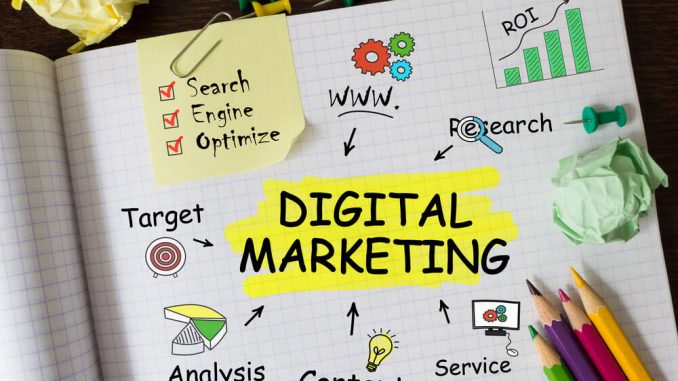
Digital marketing is, by far, the most effective method healthcare organizations can adopt to promote their businesses. As consumer reliance on technological resources has increased excessively over the years, it is imperative practices actively fortify their presence online with great thought and consideration.
Patients in the 21st century spend a significant portion of time perusing reviews and approval ratings before entrusting any practice with the first appointment let alone their entire medical journey. A weak online presence can be fatal to any practice’s chance of converting potential patients into customers. Well designed and effective marketing strategies are integral for the monetary as well as reputational success of the practice.
Not that marketing through digital means is an inchoate strategy; it’s had its fair share of growth and proliferation over the years. This growth has, therefore, led to an abundance of tools available for marketers.. But, having too many options can sometimes cultivate a sense of paralysis of choice. and confusion among practices as to which tool and strategy to adopt considering the fact that almost all of them come with a wide range of utilitarian aspects… It’s, therefore, become ever more important to remove extraneous elements and focus exclusively on engendering policies and tools that yield maximum returns with least amount of effort and resources spent.
Here are some tools that precisely cover what a practice, or any other business, need to utilize for successful digital marketing.
Google My Business
Google My Business is a service offered by Google allowing businesses to enlist themselves online; thereby increasing their visibility and outreach. It works by automatically showing businesses in relevant searches within a certain geographical radius and also of course in searches looking for that specific business itself. Practices can formulate and publish profiles by giving relevant description about their location, contact details, hours of operation, etc. , which is all displayed in an interactive interface for potential patients to view. The listings also allow patients to leave reviews and ratings that in turn can help form the basis for further patient acquisition.
Content is arguably the single most important tool any practice can have in its digital marketing arsenal. Creating digital content is as economical and easy as it is effective in reaching potential customers. Healthcare organizations must, at the very least, create and regularly update a blog on their website, the content of which should fairly highlight the dedication and expertise of the practitioners working for the organization. any
Social Media
Considering the ubiquity of social media usage these days, it is self-evident these platforms be targeted for advertisement and online outreach. These platforms can prove to be some of the most propitious avenues to focus digital marketing efforts on.
They are incredibly efficient; significantly cutting down the need for having to pay large sums in the name of marketing strategies, and allow organizations to engage customers on a personal level, and quickly earning their confidence that might otherwise have taken years to achieve.
Healthcare practices only need to acquire patient emails and consent to utilize this effective marketing strategy. Communicating recent happenings and breakthrough with patients, who are willing to receive mails, is important to keep them updated as well as to perpetuate the practice’s presence online.

Leave a Reply